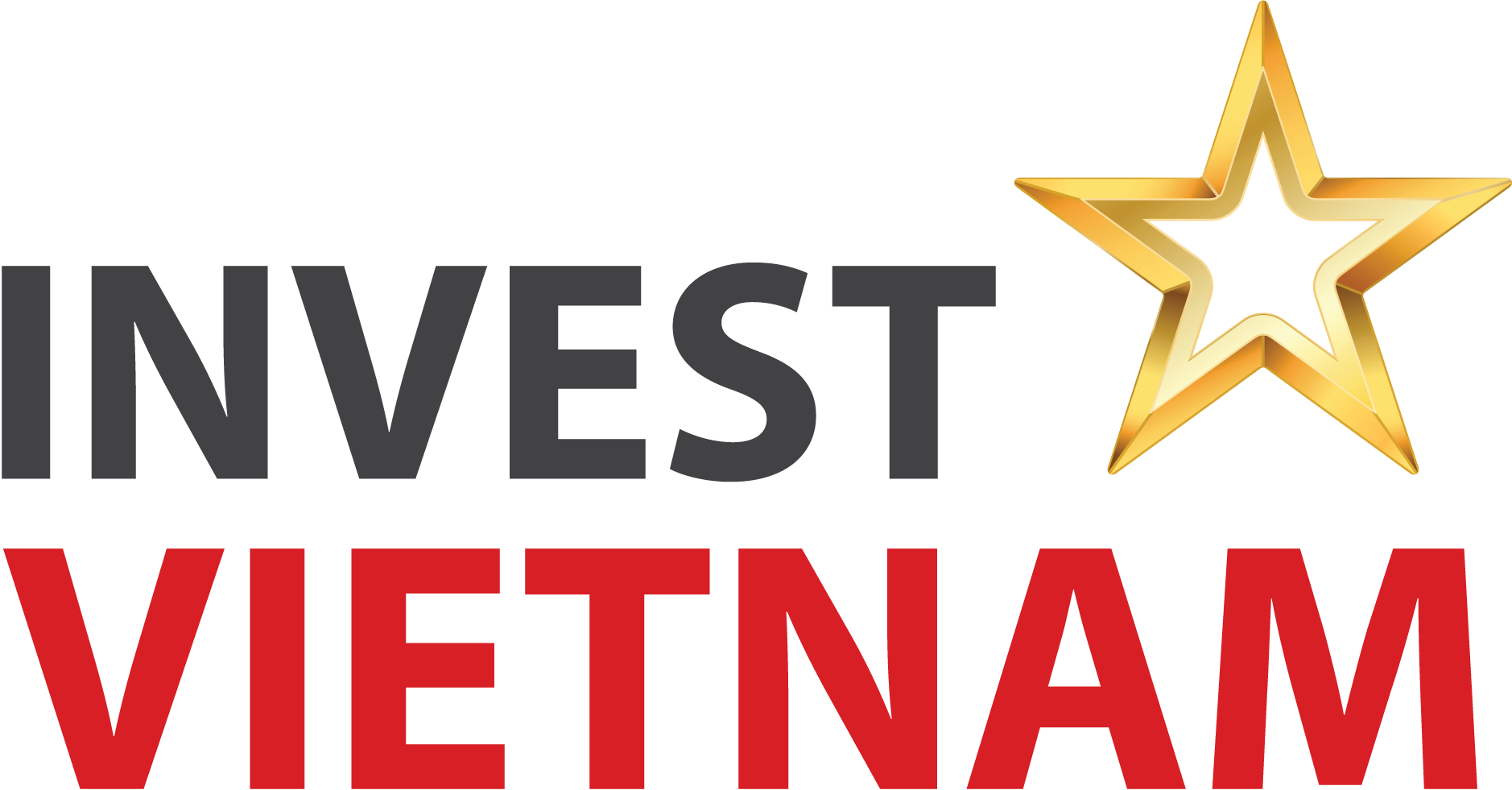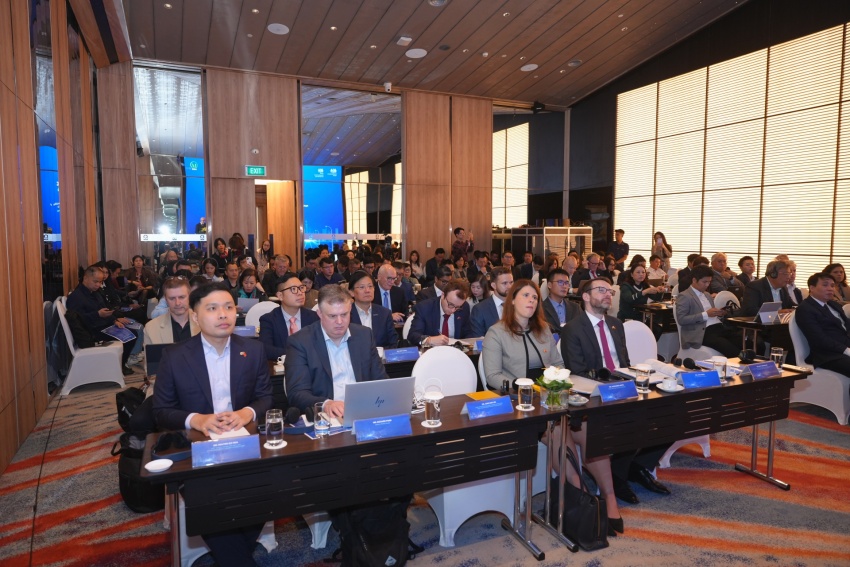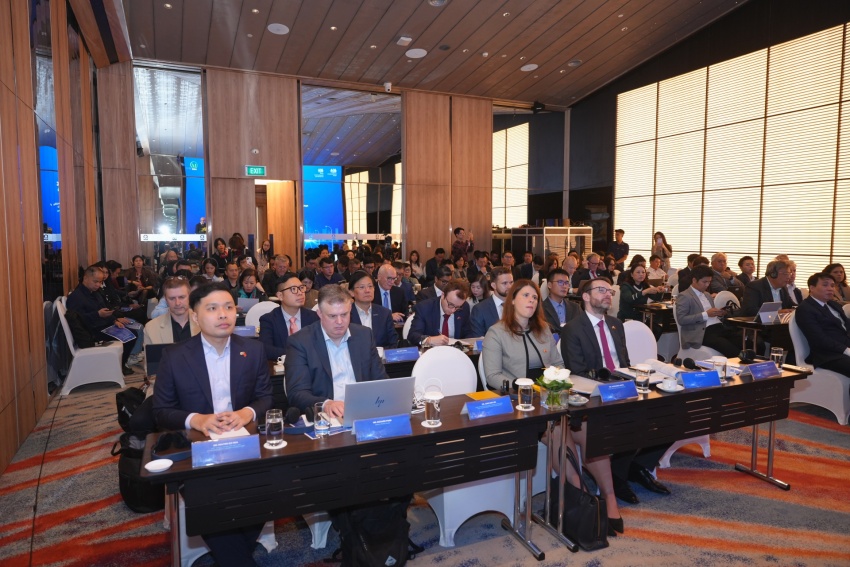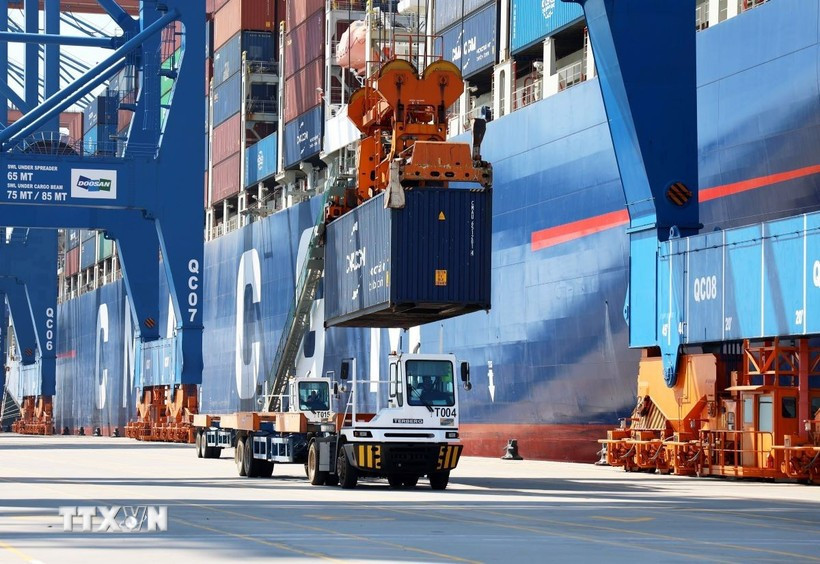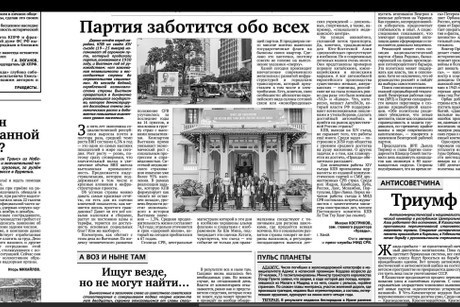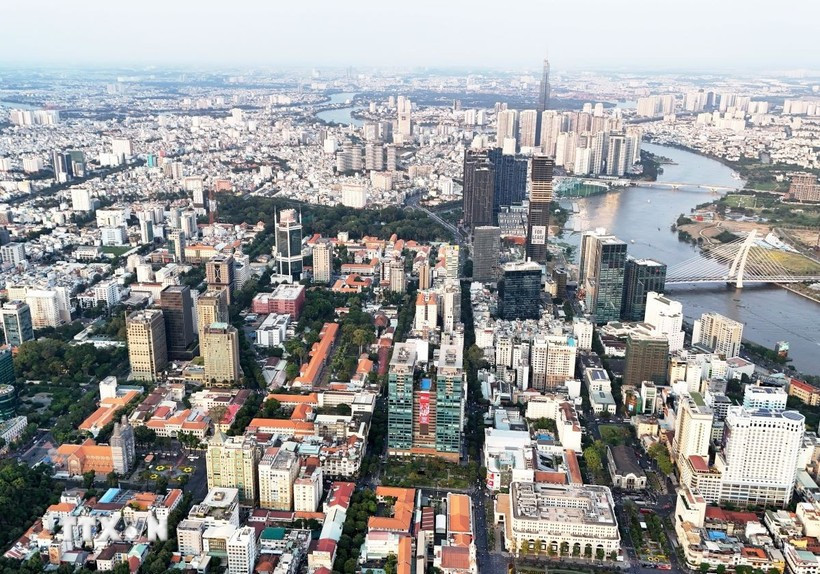Vietnam’s GDP growth estimated at 6.42% in H1: Teleconference
Hanoi (VNA) - Vietnam’s economy is estimated to grow by 6.42% in the first half of 2022, higher than expected, heard a Government teleconference on July 4.
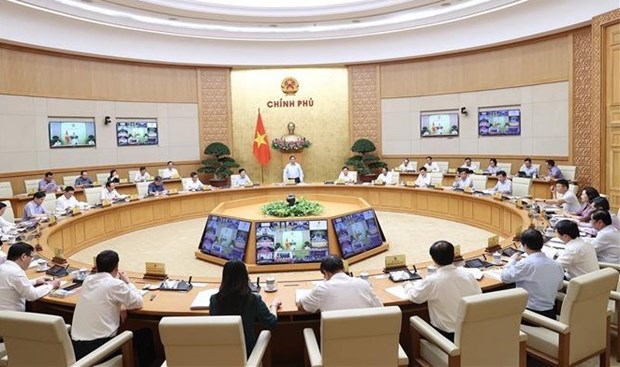
According to a report by the Ministry of Planning and Investment, the country’s macro-economy continued to be stable, inflation was controlled and major balances were ensured during the first six months, in which the average consumer price index (CPI) increased by 2.44%, a relatively low level compared to the same period of pre-pandemic years.
The monetary market was basically stably, while State budget revenue was estimated at 66.1% of the yearly plan, up 18.8% year-on-year, import and export turnover increased by 16.4% year-on-year, of which exports rose by 17.3% and imports by 15.5%. Disbursed FDI grew by 8.9%, showing that businesses and investors continue to believe in the prospect of economic recovery and development of Vietnam. Industrial production recovered quickly, with the added value in the second quarter up 9.87% year-on-year. The number of newly-established enterprises and those returning to the labour market also rose by 25.4% year-on-year.
Socio-cultural fields continued receiving attention, tourism and service activities recovered and were stepped up, defence security was ensured, and exteral affairs were intensified.
Regarding public investment allocation and disbursement in 2022, participants heard that since the beginning of this year, the Government and the Prime Minister had drastically directed the implementation of this task. As of June 30, disbursement reached 27.86 percent of the yearly target assigned by the Government.
Regarding several concerning issues related to education and training, especially the teaching and learning of history, increases in tuition fees and textbooks, Minister of Education and Training Nguyen Kim Son said that the sector is focusing on researching and designing the history curriculum in high schools, including both compulsory and selective areas, in a logical and scientific way to ensure the highest efficiency.
The ministry also proposed waiving all tuition fees for secondary school students nationwide for the 2022-2023 academic year, and is implementing directions from the Government and the Prime Minister on the price of textbooks, added Son.
In this regard, the Prime Minister has assigned agencies to coordinate and carefully study and evaluate the impacts, while asking the Ministry of Finance to calculate budget-related issues in order to have a roadmap to adjust tuition fees appropriately, without making it more difficult for parents and students.
For the shortage of drugs, medical equipment and supplies amid medical staff changing jobs, Deputy Minister of Health Do Xuan Tuyen said that the Ministry of Health has actively urged and guided units to strengthen the capacity and efficiency of procurement and bidding for drugs and medical equipment and supplies, speed up licensing, and tighten management over drug prices and medical equipment and supplies.
The sector is also paying attention to and fully paying salaries and allowances for health workers; proposing policies to attract medical staff to work in public health facilities, especially those working in remote and disadvantageous areas; and continuing to invest in improving the working environment and conditions for health staff.
At the teleconference, leaders of ministries, sectors and localities stressed the need to strive for a GDP growth rate of 7% for the whole year, higher than the target of 6-6.5% assigned by the National Assembly and set out by the Government, thus creating a motivation for economic growth in 2023./.
Source: VNA
Original link